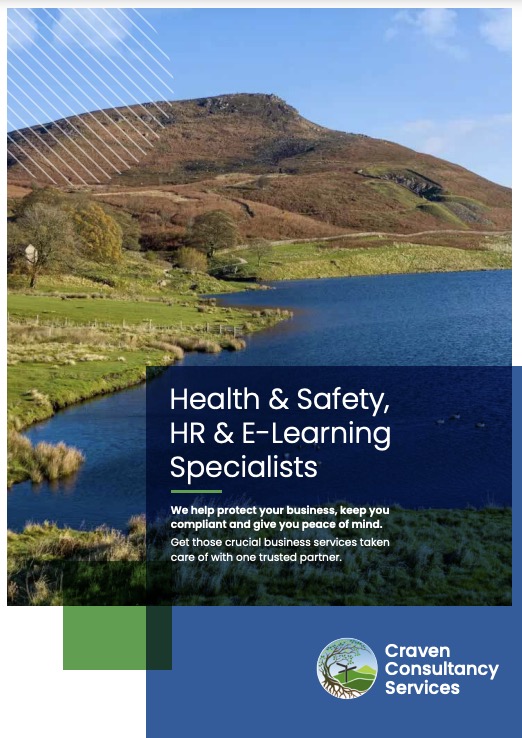Chancellor Jeremy Hunt has delivered his ‘back to work’ budget .
The Chancellor has announced his spring budget and said the UK will now not enter a ‘technical recession’ this year.
It comes against a dramatic backdrop of high inflation, widespread strikes and the cost of living crisis.
The announcement has been pitched as the ‘back to work budget’ with measures to ensure more people return to the office nearly two years after the end of the pandemic.
He told the Commons: ‘We remain vigilant, and will not hesitate to take whatever steps are necessary for economic stability.
Here are the key measures announced in the Spring Budget that will affect businesses and individuals across the UK:
- Fuel duty freeze – A freeze on fuel duty and the 5p reduction will remain in place for 12 months.
- New R&D tax credit – Small and medium-sized businesses that spend 40% of their total expenditure on research and development will be able to claim a credit worth £27 for every £100 they spend.
- Small business investment allowance increase – Every pound invested in IT equipment, plant or machinery will be immediately deductible from taxable profits. This measure is worth £9 billion for each year that it’s in place.
- Draught relief for pubs – In support of ‘the great British pub’, draught products in pubs will be up to 11p lower than the duty in supermarkets, as part of the ‘Brexit pubs guarantee’. This is in addition to the freeze on UK alcohol duty rates which was extended by six months until August 2023 in the Autumn Statement.
- Energy Price Guarantee extension – The Energy Price Guarantee which caps how much suppliers can charge per unit of energy used will stay in place until June 2023. The three-month extension will help thousands of households cope with their energy bills amid the cost of living crisis. The Energy Price Guarantee is currently £2,500 per year and is set to increase to £3,000 per year.
The measure is expected to save the typical household £160 per year.
What does it mean for employers and HR?
Hunt outlined his four pillars for growth – enterprise, employment, education and everywhere – with a focus on supporting those who are economically inactive or out of the labour market to get back into work. The announced reforms aim to “remove the barriers” that stop people from working.
Hunt said: “We have around one million vacancies in the economy, but excluding students there are over seven million adults of working age who are not in work; that’s a potential pool of seven people for every vacancy.”
We have summarised the key points for employers to be aware of from an HR perspective.
-
Support for cost of living
There will be more support for employees to help with the cost of living. Funding was also announced for specific sectors, such as leisure centres and charities, to help manage increasing energy bills and costs.
-
Childcare Support for working parents
A number of childcare reforms to support working parents, or those returning back to the workplace, were announced.
Free childcare for working parents in England will be expanded to children between the ages of nine months and two, today’s Spring Budget has confirmed.
At the moment, only families with three and four-year-olds qualify for 30 hours of free childcare per week. Under new plans, children over the age of nine months will be eligible for the additional support.
Hunt announced a “revolution in childcare… today’s childcare reforms will increase the availability of childcare, reduce costs and increase the number of parents able to use it” acknowledging that “if we really want to remove the barriers to work we need to go further”. He announced that 30 hours of free childcare for every child over the age of nine months with working parents would be available by September 2025, and introduced in phases:
This will be rolled out in stages:
-
- From April 2024, all working parents of 2-year-olds can access 15 hours per week
- From September 2024, all working parents of children aged 9 months up to 3 years old can access 15 hours per week
- From September 2025 all working parents of children aged 9 months up to 3 years old can access 30 hours free childcare per week
The annual Women in Work index by consulting firm PwC saw the UK fall five places in terms of affordable childcare, noting that many women were priced out of returning to work due to childminder or nursery costs.
BUT….
This will not be fully implemented until after the next general election in 2025, and many families will not be eligible. Joeli Brearley, CEO of Pregnant Then Screwed, a group that has been campaigning for investment in the childcare sector for almost a decade, welcomed the move.
But she stressed that the Confederation of British Industry (CBI) has estimated that to do what the government is planning costs £8.9 billion, not £4 billion. ‘We need to see the detail as to how this money is being distributed,’ the founder said.
‘Reports suggest they will also give £288 million to make up the shortfall for the current free hours entitlement for three and four-year-olds – that is not enough.
‘It will not make up that shortfall and we are concerned the quality of early years education will deteriorate, more providers will close and childcare professionals will leave the sector.
‘It is great we will have these new free hours but it will not work if parents cannot secure a place.
‘We are also concerned about increased ratios, there is no evidence that it will cut costs, but there is evidence that it will reduce quality.
‘The first five years of a child’s life are foundational to their future and so we will pay for this further down the line.’ Home – Pregnant Then Screwed
Spring Budget response from Pregnant Then Screwed – Pregnant Then Screwed
-
Pensions changes and support for workers over 50
People in work will be able to save more money for retirement tax-free, the government announced. Hunt announced an increase in the pensions tax-free annual allowance from £40,000 to £60,000 to incentivise highly skilled workers to stay in work saying that “No one should be pushed out of the workforce for tax reasons”.
Apprenticeships for over 50s or ‘returnerships’
Aiming to attract “older workers” back into the labour market, Hunt announced a new type of apprenticeship for the over 50s: returnerships. “No country can survive if it turns its back on the wealth of talent and ability. I want to make it easier for those who wish to – to work longer,” Hunt mentioned.
-
Support for disabled people and people with long term illness
Jeremy Hunt described a series of changes to disability benefit as the ‘biggest change to our welfare system in a decade’.
A new voluntary employment scheme for disabled people and those with health conditions, called universal support will be funded in England and Wales. Up to £4,000 per person will be invested to support 50,000 people per year to find a “suitable role to cater to their needs”.
Hunt said: “With Zoom, Teams and new working models that make it easier to work from home, this [supporting those with disabilities and/or long-term sickness back into work] is possible now more than ever”.
Under his ‘employment’ pillar for growth, Hunt said: “We also want to help those forced to leave work because of a condition such as a back pain or a mental health issue; we should give them support before they end up leaving their job.”
He announced a £406m plan to “tackle” health issues keeping people out of work – with a focus on mental health, musculoskeletal conditions and cardiovascular disease.
Scrapping of the work capability assessment
Chancellor Jeremy Hunt announced the scrapping of the work capability assessment (WCA) to assess eligibility for sickness benefits.
WCAs have come under fire in the past for allegedly mis assessing those who are too ill to return to work, and insisting on repeated assessments even of patients with long term illnesses which are unlikely to improve.
The change will allow disabled people to work without fear of losing their benefits, a move the Government hopes will boost employment figures.
Although this announcement appears generally positive for SME employers, and many of these measures will be welcomed, there is more clarity needed to fully understand the impact of some of these changes and how they will be implemented. We will be closely following developments and when we get more detail we will share this.
Spring Budget 2023 factsheet – Labour Market Measures – GOV.UK (www.gov.uk)













